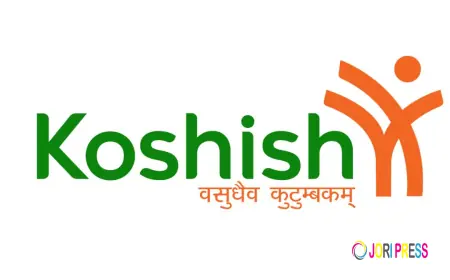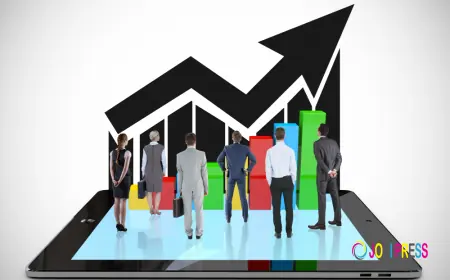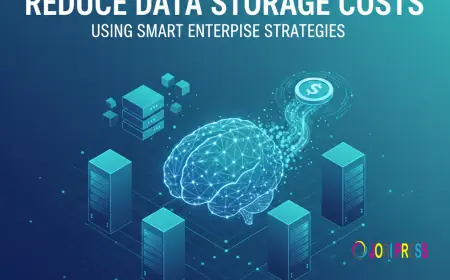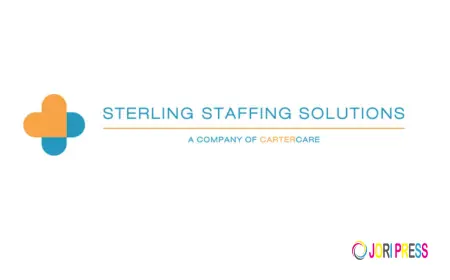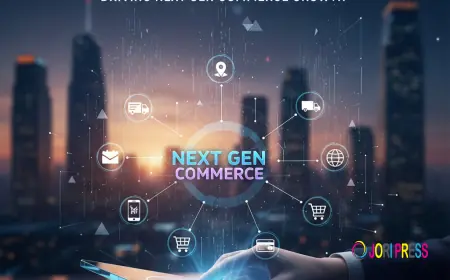The Future of Governance Tokens in AI-Powered DApp Systems
Discover how AI is transforming governance tokens in decentralized ecosystems. Learn how leading DApp development companies use AI to build intelligent, scalable, and autonomous DApp governance systems for the Web3 era.
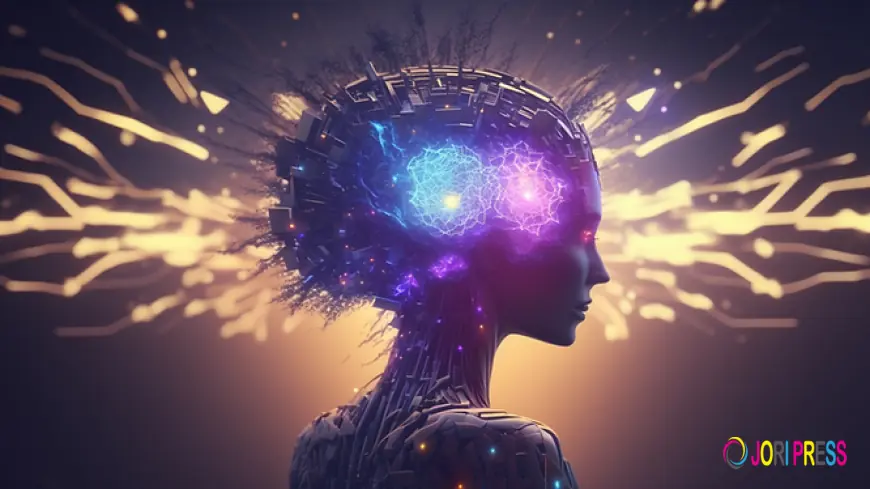
The decentralized ecosystem is entering a new phase where artificial intelligence (AI) and decentralized applications (DApps) are merging to create more autonomous, intelligent, and user-centric systems. At the heart of this evolution lies a critical innovation — governance tokens. These tokens have long served as the decision-making tools of decentralized systems, but in AI-powered DApp ecosystems, they are evolving into something far more dynamic and intelligent.
As a dapp development company, understanding the future of governance tokens is essential for building systems that are not only decentralized but also adaptive and predictive. By combining AI-driven analytics with blockchain-based governance models, DApp ecosystems can create smarter decision-making frameworks that align user incentives, enhance transparency, and evolve automatically based on real-time data.
Understanding Governance Tokens in the Modern DApp Ecosystem
Governance tokens represent a user’s ability to influence the future direction of a decentralized protocol or application. Traditionally, holders of these tokens can vote on proposals, protocol changes, or treasury allocations. However, as DApps become more sophisticated, governance mechanisms must keep pace with the speed of innovation.
In the past, governance models were largely static — token holders manually proposed and voted on decisions, often leading to bottlenecks and inefficiencies. But as dapp development services evolve, AI technologies are being integrated into governance systems, allowing for continuous learning, predictive modeling, and automated decision-making processes.
This evolution transforms governance from a simple democratic voting system into a data-driven, AI-augmented structure, where algorithms help assess community sentiment, detect malicious governance attacks, and even forecast the outcomes of proposals before they are implemented.
The Rise of AI-Driven Governance Models
Artificial intelligence is reshaping the core of how decentralized governance operates. In traditional DAO (Decentralized Autonomous Organization) structures, every token holder has a voice — but this often leads to decision fatigue, manipulation, and inefficient coordination. AI introduces automation and intelligence into this structure.
Predictive Decision-Making
AI models can analyze on-chain and off-chain data to predict the potential impact of governance proposals. For instance, before a new liquidity parameter is changed in a DeFi protocol, AI systems can simulate how the market might react, helping governance participants make informed decisions.
Automated Proposal Screening
AI tools can automatically filter out spam or low-quality governance proposals, ensuring that only high-value ideas reach the voting stage. This prevents governance overload and reduces voter apathy — a major problem in many DAOs today.
Sentiment and Behavioral Analysis
By using natural language processing (NLP) on social platforms, AI can analyze community discussions and gauge sentiment around particular proposals. This creates a more representative view of community perspectives, allowing for fairer decision-making.
Risk Detection and Prevention
AI-powered DApps can detect patterns that indicate governance manipulation, such as vote buying or coordinated attacks. These insights empower developers and communities to take proactive measures to maintain governance integrity.
Through these advancements, AI enhances the governance layer of DApps, helping them evolve from static rule-based systems into dynamic, self-learning ecosystems. Leading dapp development companies are at the forefront of this shift, building frameworks where governance tokens become active instruments of intelligence rather than passive voting tools.
Tokenomics 2.0: The Evolution of Governance Tokens
Governance tokens are no longer just voting rights. They are becoming dynamic assets that evolve with network behavior, community engagement, and AI-driven performance analytics.
Adaptive Token Weighting
AI can assign voting power dynamically based on engagement quality, reputation, or contribution metrics. Instead of purely wealth-based voting (where more tokens mean more influence), AI can democratize governance by recognizing valuable non-monetary contributions like code commits, audits, or community education.
Dynamic Rewards Distribution
Using AI-based analytics, tokenomics models can adjust staking or governance rewards in real-time based on participation and performance metrics. This encourages active governance participation while deterring passive or malicious behavior.
Self-Regulating Economic Systems
AI can monitor on-chain liquidity, inflation, and user participation metrics to automatically adjust token supply or staking parameters, ensuring long-term sustainability and stability within decentralized ecosystems.
Cross-DApp Governance
As dapp development services expand across multiple chains and ecosystems, governance tokens will gain interoperability. This will allow holders to participate in multi-protocol governance models, where AI coordinates consensus across different blockchain networks.
The Role of AI in Enhancing Governance Efficiency
The fusion of AI with governance tokens introduces a layer of efficiency previously unimaginable in decentralized systems. Instead of relying solely on human intuition, communities can now utilize algorithmic insights to optimize governance.
Data-Driven Governance Decisions
AI algorithms analyze vast amounts of on-chain data — including transaction patterns, liquidity flows, and user engagement — to suggest optimized governance outcomes. These systems can highlight potential risks or opportunities in real-time, reducing the likelihood of poor governance decisions.
Real-Time Policy Adjustments
Governance no longer has to wait for periodic votes. AI models can trigger automatic, small-scale policy changes in response to market conditions or performance anomalies, while still requiring community approval for major updates.
Transparent AI Recommendations
AI-generated governance insights can be logged immutably on-chain, providing transparency and verifiability. This bridges the gap between automation and accountability — a key aspect of any decentralized ecosystem.
A forward-thinking dapp development company integrates these systems to ensure their governance models remain fair, transparent, and responsive to both user input and real-world data.
Governance 3.0: Towards Autonomous DAOs
As DApps evolve into intelligent autonomous systems, governance itself will become increasingly automated and self-sustaining — a concept often referred to as Governance 3.0. In this model, AI plays the role of both an advisor and executor, managing day-to-day decisions while leaving major strategic shifts to token holders.
AI-Assisted Proposal Generation
AI agents can automatically generate proposals based on observed inefficiencies, performance analytics, or emerging trends within the DApp ecosystem. This proactive governance ensures continuous improvement.
Continuous Learning Frameworks
Governance systems can train machine learning models on historical voting data to learn which decisions benefited the community most, refining their recommendation algorithms over time.
Conflict Resolution Automation
AI-driven arbitration tools can resolve disputes or proposal conflicts efficiently by referencing smart contract logic, governance history, and community sentiment metrics.
Governance 3.0 will transform DAOs from being reactive entities into adaptive organisms — capable of self-improvement and evolution. For dapp development services, building such autonomous systems requires deep integration of AI models into both smart contract logic and community governance tools.
The Challenges Ahead: Balancing AI and Human Governance
Despite its promise, AI-powered governance comes with challenges. The core principle of blockchain is decentralization and human consensus — introducing AI must not compromise that foundation.
Algorithmic Bias
AI systems can inadvertently replicate biases found in their training data, leading to unfair governance recommendations. DApp developers must ensure AI models are transparent, auditable, and continuously refined to prevent bias.
Over-Automation Risks
If too much control is given to AI systems, governance could drift toward centralization — the very opposite of what DApps stand for. Striking the right balance between automation and human oversight is crucial.
Ethical and Legal Implications
As governance decisions increasingly affect financial and social ecosystems, questions arise around accountability. Who is responsible if an AI-driven governance decision causes harm? Dapp development companies must design accountability frameworks to ensure clear lines of responsibility.
Integration with Cross-Chain and Modular Governance Frameworks
The future of governance tokens will also be shaped by interoperability. As DApps expand across multi-chain ecosystems like Ethereum, Solana, and Polkadot, governance tokens must become portable and cross-compatible.
AI will facilitate this by managing governance logic across multiple blockchains. For example, AI systems can synchronize governance proposals, voting records, and treasury movements between networks, ensuring seamless coordination across ecosystems.
Composable governance modules — similar to composable DeFi stacks — will allow developers to plug governance components into any DApp infrastructure. Through modular development and cross-chain orchestration, dapp development services can deliver scalable, interoperable governance systems optimized by AI intelligence.
Future Outlook: The Symbiosis of AI, Governance Tokens, and DApps
The integration of AI and governance tokens marks the next evolutionary phase of decentralized systems. Governance tokens will no longer be static instruments of voting power but dynamic, intelligent assets that respond to community engagement, system performance, and global market data.
Future DApp ecosystems will function more like autonomous economies — where AI and governance tokens work in harmony to ensure optimal operation, transparency, and inclusivity. As a dapp development services, building these AI-governed systems requires a deep understanding of machine learning models, on-chain governance protocols, and tokenomics design.
Ultimately, the combination of AI and decentralized governance will empower communities to create systems that are self-regulating, self-improving, and self-sustaining — fulfilling the true vision of decentralization in the Web3 era.
Frequently Asked Questions (FAQs)
1. What are governance tokens in DApps?
Governance tokens are digital assets that allow holders to influence the decision-making and future development of a decentralized application. In AI-powered systems, these tokens gain additional intelligence and adaptability through data-driven automation.
2. How does AI enhance governance in DApps?
AI enhances governance by analyzing real-time data, predicting outcomes, automating proposal management, and improving transparency. It helps communities make informed, efficient, and fair decisions.
3. What challenges exist in AI-driven governance?
The main challenges include algorithmic bias, over-automation risks, and accountability issues. Developers must maintain transparency and balance AI assistance with community oversight.
4. Why are dapp development companies focusing on AI-powered governance?
Because AI-powered governance improves scalability, efficiency, and trust in decentralized systems. Dapp development companies use AI tools to build smarter, self-improving governance frameworks that drive sustainable ecosystems.
5. What does the future hold for governance tokens?
Governance tokens will evolve into intelligent, interoperable, and predictive assets. They will enable seamless decision-making across multi-chain ecosystems, powered by continuous AI insights.
What's Your Reaction?
 Like
0
Like
0
 Dislike
0
Dislike
0
 Love
0
Love
0
 Funny
0
Funny
0
 Angry
0
Angry
0
 Sad
0
Sad
0
 Wow
0
Wow
0






